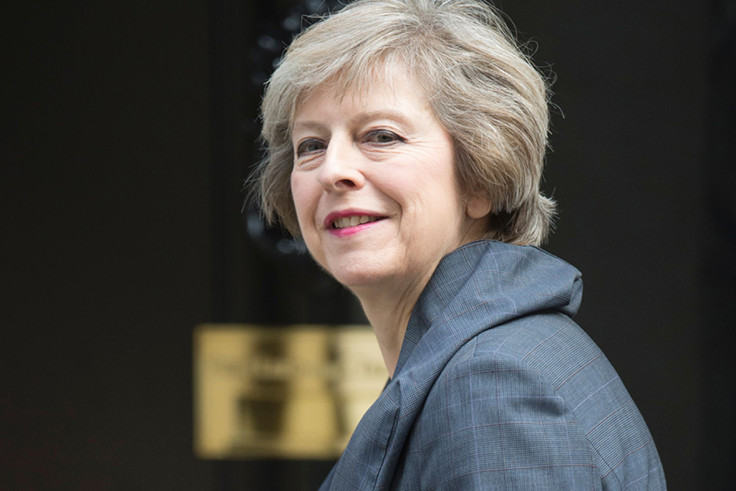Theresa May: How the new Prime Minister manages her Type 1 diabetes
May was diagnosed with Type 1 diabetes in 2013, which has not stopped her political career.

In 2013, soon-to-be Prime Minister Theresa May was diagnosed with type 1 diabetes. Since then, she has always insisted the condition would not impact her ability to do her job, whether in her position at the Home Office or now, as the country's second female Prime Minister.
In the UK, 3.2 million people have been diagnosed with diabetes, and it is estimated that by 2025, this figure will reach 5 million people. Only about 10% of diabetic adults are diagnosed with type 1 diabetes, like Theresa May.
Her case is quite rare, as type 1 diabetes usually develops before the age of 40. The condition is more commonly associated with children, and is sometimes known as juvenile diabetes. In fact, Theresa May was first misdiagnosed with type 2 diabetes before being told she had type 1.
"My very first reaction was that it's impossible because at my age you don't get it," Theresa May once told charity Diabetes UK. She says the disease had come 'as a shock' but that she had gradually learnt to live with it and to be very open about it.
The disease is due to the pancreas being unable to produce insulin. Insulin is a hormone that works as a chemical messenger to help the body regulate glucose levels in the blood, and uses glucose to produce energy. Thanks to insulin, glucose can enter the cells where it is used as fuel. If insulin isn't there to perform this vital function, the amount of glucose in the blood can become too high, and on the long term, it can seriously damage the body's organs.
Confusing symptoms
It is not quite clear what causes the type 1 diabetes to suddenly develop. Symptoms occur as the body tries to compensate for the lack of insulin and include feeling very thirsty and tired, passing more urine than usual and losing weight.
In Theresa May's case, all these symptoms were apparent but it took time to establish the diagnosis, as intense fatigue was part of her daily job.
As she told the Mail on Sunday at the time she was diagnosed: "The symptoms are tiredness, drinking a lot of water, losing weight, but it's difficult to isolate things. I was drinking a lot of water. But I do anyway. There was weight loss but then I was already making an effort to be careful about diet and to get my gym sessions in.Tiredness – speak to any politician and they will tell you the hours they work. Tiredness can be part of the job. It is full on."
Managing diabetes as Prime Minister
The condition is life-long, and the future Prime Minister will have to keep injecting herself with the insulin hormone at least twice a day, for the rest of her life. Diabetic patients are taught how to do this and how to match the levels of insulin injected to the food they eat, taking into account their blood glucose level and how much exercise they do.
The Prime Minister in-waiting also has to look after health very carefully, to minimise her risk of developing complications. Eating a balanced diet and exercising regularly are crucial to naturally lower the glucose level in the blood.
Though there is no 'average' life expectancy for people with type 1 diabetes, a number of studies highlight it is typically reduced by roughly 10 years compared with non-diabetics. But since being diagnosed, Theresa May appears to have had a positive, combative attitude to her diabetes.
"It doesn't and will not affect my ability to do my work. I'm a little more careful about what I eat and there's obviously the injections, but this is something millions of people have. I'm OK with needles, fortunately", she said. "There's a great quote from Steve Redgrave who was diagnosed with diabetes before he won his last Olympic gold medal. He said diabetes must learn to live with me rather than me live with diabetes. That's the attitude."
Most health professionals agree that as long as people manage it sensibly, type 1 diabetes shouldn't interfere with anyone pursuing whatever career they wish to have – including that of Prime Minister.
© Copyright IBTimes 2025. All rights reserved.






















